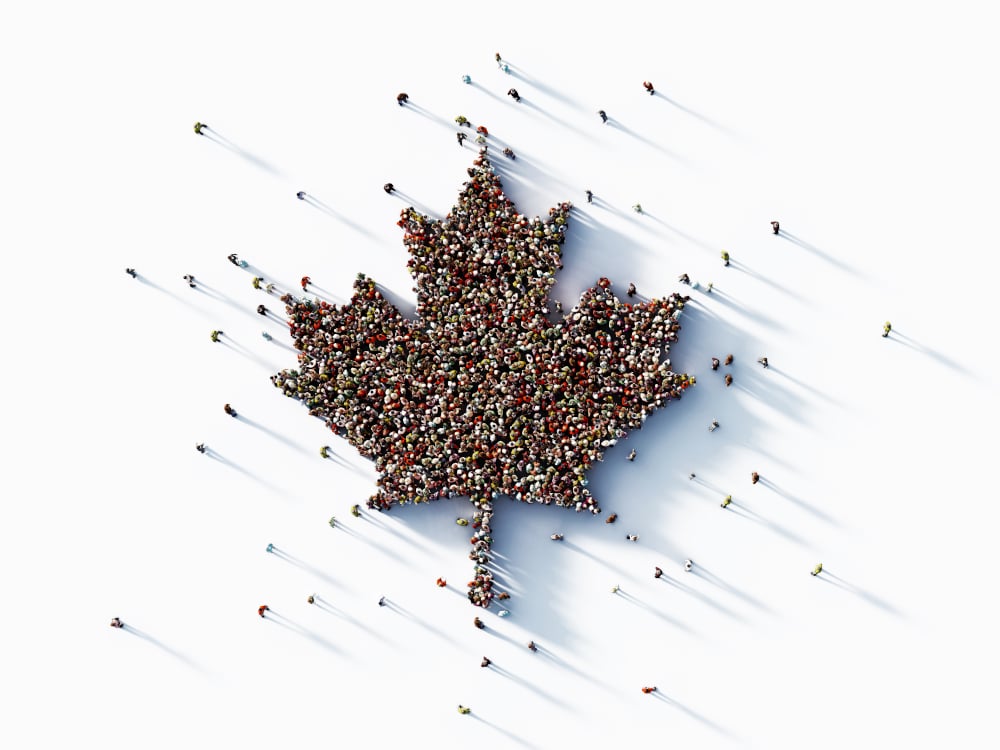Seed Innovation is sustainability in action. That was the central theme of Seeds Canada’s 2023 annual meeting in St. John’s, Nfld. in July. Seeds Canada once again showed it has its finger on the pulse of regulatory matters and where it feels the country needs to go to remain competitive.
With an experienced team, including CEO Barry Senft, the organization is driven by the passion of its members and clients in its dedication in shaping the future of the seed industry.
Navigating the Seeds Canada amalgamation over two years into it has been a learning experience, Senft said in an interview. He acknowledges that one of the biggest challenges he faces stems from the different objectives and priorities of those four legacy organizations, and keeping all stakeholders content and aligned is a considerable undertaking.
Senft draws parallels with his past experiences in a grain industry merger and highlights the importance of striking a balance among the diverse interests involved.
“I originally came from Grain Farmers of Ontario (GFO), and I’ve been through a merger situation quite like what we went through here. One of the first things I noticed was how emotional the transition could be. At GFO, the farmers were the clients/members, and they had pretty common objectives,” Senft said.
“In this new merger, I’ve noticed a significant difference. There are four distinct legacy organizations involved, each with their own objectives and priorities. While there are some similarities in our goals, there are also notable differences. Balancing the interests of these various organizations has proven to be a welcome challenge. Ensuring that everyone remains satisfied and aligned amidst these differing objectives requires a delicate approach.”
Assessing Canada’s Seed Regulatory System
Canada’s seed regulatory system was the subject of a recent benchmarking study, comparing it with similar systems worldwide. The report, commissioned by the Canadian Food Inspection Agency and conducted by JRG Consulting, shed light on the areas where Canada excels and areas that might need improvement.
While the study provided positive insights into the seed regulatory environment, it also revealed the need for enhancements to make it more competitive globally, Senft said.
“Upon reviewing the report, we found it to be quite informative in terms of providing an overview of the current situation in the five countries that were examined. One point that stands out to me is that conducting this environmental scan or benchmarking study right from the beginning of the SRM journey would have been advantageous,” he said.
“As we approach the conclusion of the SRM process in 2025, there’s a lingering question about how the findings will be utilized by CFIA. Despite this timing concern, I want to emphasize that the study has offered valuable insights. We’ve learned some encouraging things from it.”
The study serves as a benchmark to gauge Canada’s position as a seed development environment, he added. However, Senft said it’s noteworthy that Canada ranked fourth out of the four countries that were identified by the World Bank in terms of an environment conducive to seed development.
“So, even though we often tout our seed regulatory environment as being unparalleled globally, the reality is somewhat different,” he said.
The study was conducted by JRG Consulting’s John Groenewegen on behalf of the Seed Regulatory Modernization working group of the CFIA, aiming to gauge the performance of seed systems across various countries. The goal was to gather a comprehensive understanding of the landscape and create a foundation for informed discussions within the SRM working groups, Groenewegen said in an interview.
He examined five global seed systems, in addition to Canada: the Netherlands, New Zealand, the United Kingdom (England and Wales), the United States and Uruguay. These nations were selected to provide a diverse snapshot of different approaches to seed system coordination and governance.
The study aimed to establish a foundation of information that could guide conversations and decisions within the seed regulatory modernization working group. By analyzing various systems’ strengths and challenges, this study sought to identify potential areas of improvement and innovation in the Canadian context, Groenewegen said.
One key observation from the study was the prominent role that seed value chains played in coordinating seed systems in the countries under review.
“These seed systems demonstrated an effective balance between industry-led initiatives and government oversight,” Groenewegen said. The coordination of seed systems was facilitated by consensus-seeking bodies that included representatives from all segments of the seed value chain, he added.
The examined countries offered a spectrum of approaches to seed system coordination, each with its unique characteristics and benefits. For instance, the Netherlands stood out with an industry-led system, where industry bodies pioneered seed certification to facilitate exports. Over time, government stepped in to provide regulatory oversight, creating a flexible and responsive framework.
In contrast, New Zealand showcased a collaborative model with the New Zealand Seed Authority acting as the coordinating body. The United Kingdom, influenced by EU requirements, exhibited a similar approach, with the National Institute for Agricultural Botany playing a central role in coordinating industry-wide decisions.
Implications for Canada’s Seed Industry
The insights garnered from these global seed systems provide valuable lessons for Canada’s evolving seed landscape, Groenewegen said.
There are ongoing discussions within the SRM process about how standards are set for seed. Seeds Canada is actively promoting its independent standard-setting body (ISSB) idea, while the Canadian Seed Growers’ Association is advocating for its multi-stakeholder advisory committee concept.
“The success of the systems examined in the study hinged on consensus building that included all stakeholder perspectives, ensuring that decisions were in the best interest of the entire industry,” he said.
Addressing the question of whether seed certification is necessary for Canada> the study’s findings offer a nuanced view. While export-driven industries necessitate seed certification to meet importing countries’ requirements, domestic sales could potentially be governed by quality assurance systems tailored to the needs of Canadian farmers, Groenewegen added.













